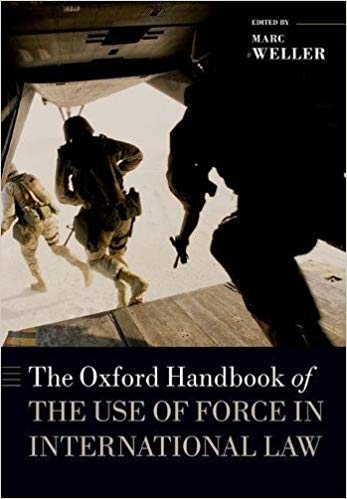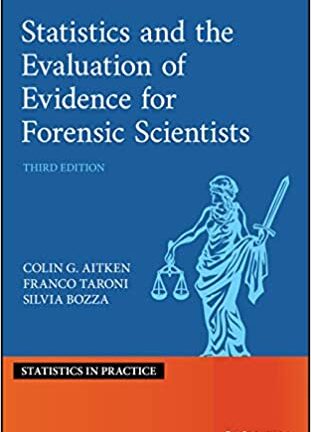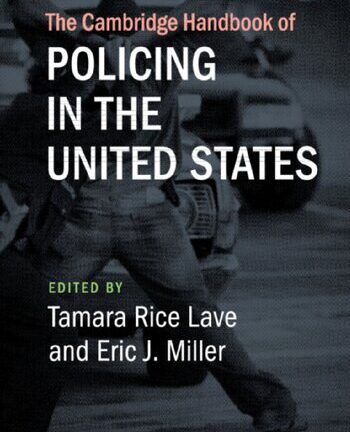Description
| ThisOxford Handbookis a comprehensive and authoritative study of the modern law on the use of force. Over seventy experts in the field offer a detailed analysis, and to an extent a restatement, of the law in this area. The Handbook reviews the status of the law on the use of force, and assesses what changes, if any, have occurred in consequence to recent developments. It offers cutting-edge and up-to-date scholarship on all major aspects of the prohibition of the use of force. The work is set in context by an extensive introductory section, reviewing the history of the subject, recent challenges, and addressing major conceptual approaches. Its second part addresses collective security, in particular the law and practice of the United Nations organs, and of regional organizations and arrangements. It then considers the substance of the prohibition of the use of force, and of the right to self-defense and associated doctrines. The next section is devoted to armed action undertaken on behalf of peoples and populations. This includes self-determination conflicts, resistance to armed occupation, and forcible humanitarian and pro-democratic action. The possibility of the revival of classical, expansive justifications for the use of force is then addressed. This is matched by a final section considering new security challenges and the emerging law in relation to them. Finally, the key arguments developed in the book are tied together in a substantive conclusion. The Handbook will be essential reading for scholars and students of international law and the use of force, and legal advisers to both government and NGOs. |






Reviews
There are no reviews yet.